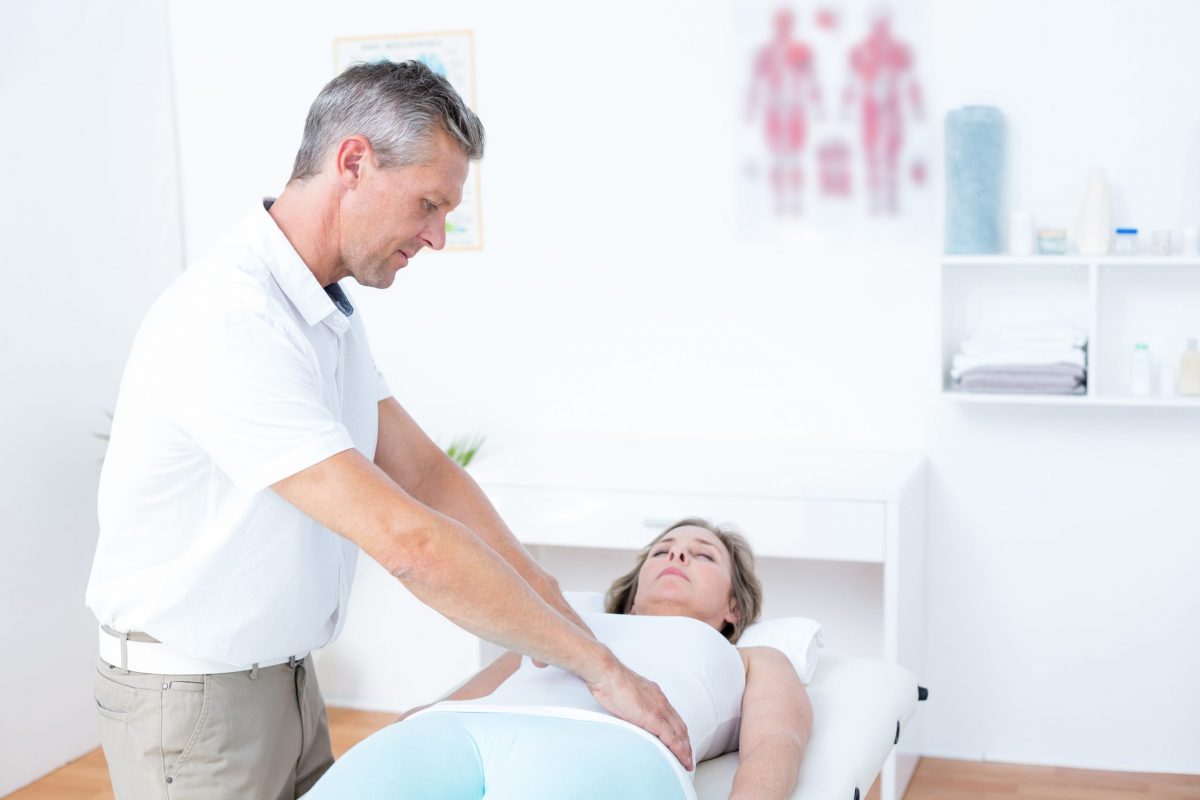
Abdominal pain is one of the most common reasons for emergency room and clinic visits. And, it is easy to understand why when you consider the complexity of the gastrointestinal/digestive (GI) system. The stomach, small intestine, large intestine, pancreas, liver, spleen, and other essential organs are all housed in your abdomen. This means that pain in the abdomen could indicate a number of conditions.
For physicians specializing in GI Tract Problems, a careful history and physical exam focusing on the area and type of pain can help narrow possible causes. For example, what does it mean when someone experiences lower stomach pain?
What Causes GI Problems and Lower Abdominal Pain?
When it comes to lower abdomen or “gut” pain causes, there are many possibilities. To help diagnose possible causes for lower gastrointestinal (GI) problems, your doctor will assess any additional symptoms you may have, which can include:
- Changes in your bowel movements (frequency, consistency)
- Chronic diarrhoea
- Rectal bleeding
- Loss of appetite or excessive weight loss
In addition to going over your symptoms, a GI specialist will conduct a full examination, and diagnostic testing as appropriate, to ensure a proper diagnosis. Your doctor may recommend a CT scan or a “lower GI series”, two common types of x-ray exams.
Your doctor may also recommend a colonoscopy, which can reveal any irritated or swollen tissue (polyps, ulcers, or cancer) in your colon or rectum.
Depending on the results of your GI examination and diagnostic tests, possible diagnoses for lower abdominal pain may include:
- Irritable bowel syndrome (IBS)
- Crohn’s disease (infection of the small bowel)
- Ulcerative colitis (inflammation/infection of the colon)
- Diverticulitis (inflammation of pouches in the colon)
- Appendicitis
- Colitis or enteritis (inflammation of the bowel)
- Colorectal Polyps
- Colorectal Cancer
GI Surgeries and Procedures for Best Outcomes

Although many GI conditions may be addressed with nonoperative (“conservative”) treatments, others may need to be treated or repaired surgically. There are also instances in which lower abdominal pain may not be associated with one of the GI conditions listed above, but rather associated with the pelvic floor, gynecologic system, or urinary system (such as a ruptured ovarian cyst or bladder infection, for example). This is precisely why it is important to consult with experts specializing in GI, hernia, alimentary conditions, and other abdominal and pelvic conditions.
At EmergeOrtho—Triangle Region, we have an entire team dedicated to addressing lower and upper abdominal pain, including conditions of the GI/alimentary tract and hernias. Our board-certified and fellowship-trained surgeons have extensive experience in advanced general surgery approaches (including minimally-invasive techniques), which include:
- Cholecystectomy (surgical removal of the gallbladder)
- Splenectomy (surgical removal of the spleen)
- Colectomy (removal of part of the colon)
- Repair of hernias and abdominal wall pathology
- Laparoscopic surgery (for GI conditions, hernias, cysts, and more)
Meet some of our leading EmergeOrtho—Triangle Region GI and general surgeons (and one of our top Physician Assistants):
Our team works together to find the source of your abdominal pain so that we can create a personalized, patient-centered treatment plan. Whether your condition is treated nonoperatively or with surgical intervention, our priority is helping you Emerge Stronger. Healthier. Better.
To learn more, self schedule an appointment with one of our highly qualified EmergeOrtho–Triangle Region doctors. Or, call us any time at (919) 281-1723.







